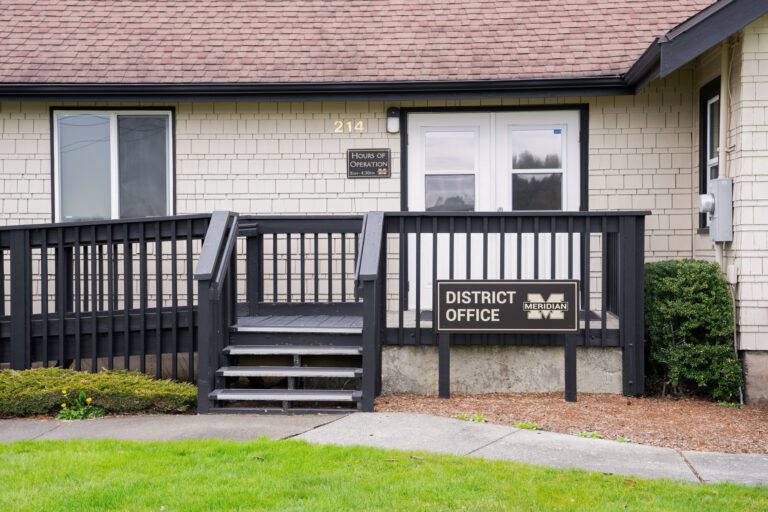Don’t Toss Your Gas Range Out the Door For This, But: Bellinghamsters can be forgiven for inattention to ordinary tasks this week as they are smack dab in the middle of Climate Action Week 2022.
Traditionally Followed By: Climate Inaction Rest of the Year.
Blessed Be the Bus: Couldn’t help but notice in our story about Whatcom Transportation Authority sucking up a mammoth price increase on previously ordered diesel buses that the expense was justified by builder Gillig via a force majeure clause, suggesting in essence that the price increases, in the wake of COVID-19 supply issues, were an “act of God” outside its control.
Which makes us wonder: Is it the same god responsible for a systematic decline in ridership even with increased awareness of the downsides of riding around in single-occupancy vehicles? If not, would it kill them to get together on this? And also: Why does God hate diesel buses?
Piscatorial Pity Party: It’s a natural inclination for folks to see the Chinook salmon flailing away at the bottom of the lower falls on Whatcom Creek, in Maritime Heritage Park in downtown Bellingham. But context matters: Those fish, it’s true, lack “sufficient water” to get up into the creek and spawn, but they were never destined for that. This is a hatchery-created “terminal” run designed to feed orcas. Salmon that make it back are destined to die without fulfilling their urge to spawn — one way or another. They literally were produced as food.
Not to Get All Philosophical, But: It brings to mind the prescient closing phrase of the movie “The Mission,” in which a Catholic official, lamenting the church’s abysmal treatment of the local natives, surmises: “The world is thus.” Only to be corrected by his wiser colleague, Altamirano, who corrects: “No, Señor Hontar. Thus have we made the world … thus have I made it.”
I Know, It’s a Reach: But that quote has broad application. Feel free to drop it into conversation at your next Happy Hour gathering, whenever the discussion turns to Robert DeNiro or big South American waterfalls.
This Week’s Disturbing Headline: “Gen Z never learned to read cursive,” therefore might be unable to “interpret the past,” according to The Atlantic. Um, this presumes some interest in that task, does it not?
Autumn-time, and the Voting is Easy: What part of the country has the lowest “personal-cost” investment in voting? The New York Times asked, consulted the “Cost of Voting Index,” and answered: Oregon and Washington, respectively, “have it the easiest.” Hardest? Georgia, Florida, Iowa. Commonality of OR/WA? Mail-in voting — something assailed in recent years, it’s worth noting by various GOP members around Washington state, including the late state Sen. Doug Ericksen.
And Finally: Whatcom County officials planning to “scalp” a section of the Nooksack River are publicly stating that said project really should not indicate the county is open to a deeper-cut solution advocated by many landowners — regular dredging. Good luck with that, folks.
The Hammer is swung on Wednesdays and updated at flood Stage II.



Commentary response: Nursing-home staffing mandates critical to dignified care